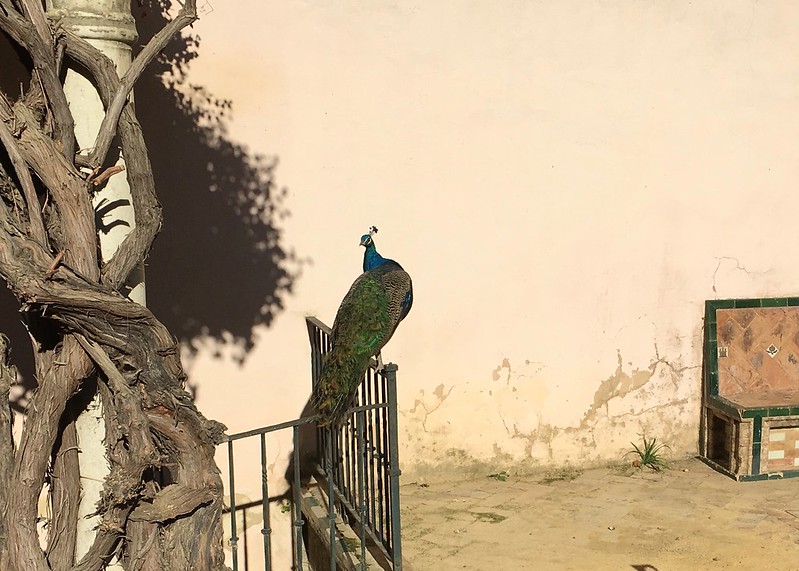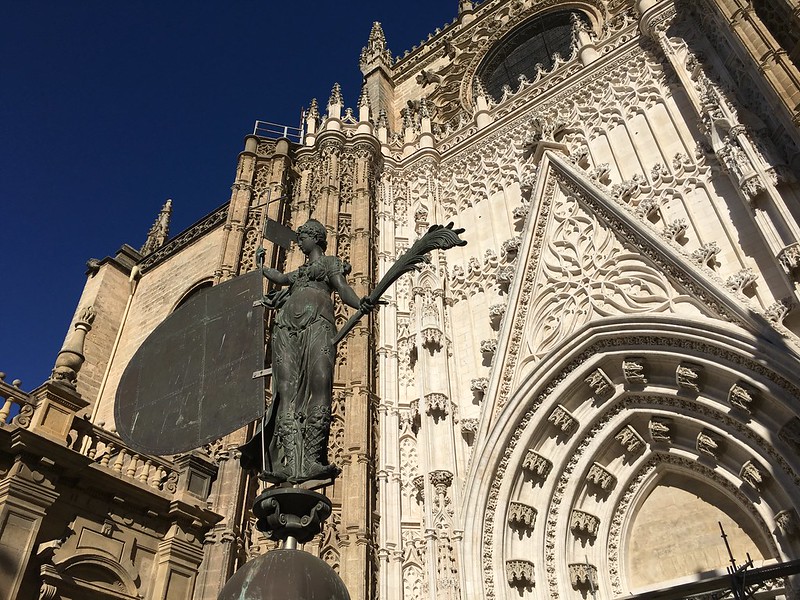The Boston Pops is performing a medley of Appalachian Christmas carols this year. Called “Songs from the Hill Folk,” it includes the predictable (“I Wonder as I Wander”), the unexpected (“Kentucky Wassail”), and the in-between—namely “Jesus, Jesus, Rest Your Head.”
Though I’ve heard performances of this song over the years in the classical idiom, and sung more than a few of them, I never realized that the original was “collected” by folklorist John Jacob Niles. I put “collected” in quotes because the sources I’ve seen for the work put two dates of collection, 1912-1913 and 1932-1934. The implication is that the song was collected multiple times, or more likely, that it was put together from multiple collected songs that were originally separate.
Indeed, the chorus and verse seem as though they are two different songs, with the first two lines of the verse sounding as though they would be at home in the Southern Harmony and the chorus coming from somewhere else entirely. In fact, biographer Ron Pen notes that Niles collected “Jesus, Jesus, rest your head/You has got a corn shuck bed” with his mother—that it was in fact his first ever collected song—and a 1906 notebook sketch shows words and music for the chorus separate from the verse. Another source notes that Niles often based original songs on fragments of melody or lyric collected from traditional sources, which increased the songs’ acceptance among folk enthusiasts but greatly complicated the problem of establishing authorship when the songs became hits later.
More surprising is the location of one of its early performances, in 1912. Apparently Niles, like other musicians of the era, accepted a paying musical gig at a house of ill repute, and on Christmas morning 1912 performed ten songs a cappella including “Jesus, Jesus” for the madame and her “girls”!
It seems appropriate that this beautiful carol should have a complicated origin. Like “Jesus, Jesus,” Christmas combines the folk and the artistic, the tender and the rough, and the complex figure of John Jacob Niles is a perfect synthesizer for it.








